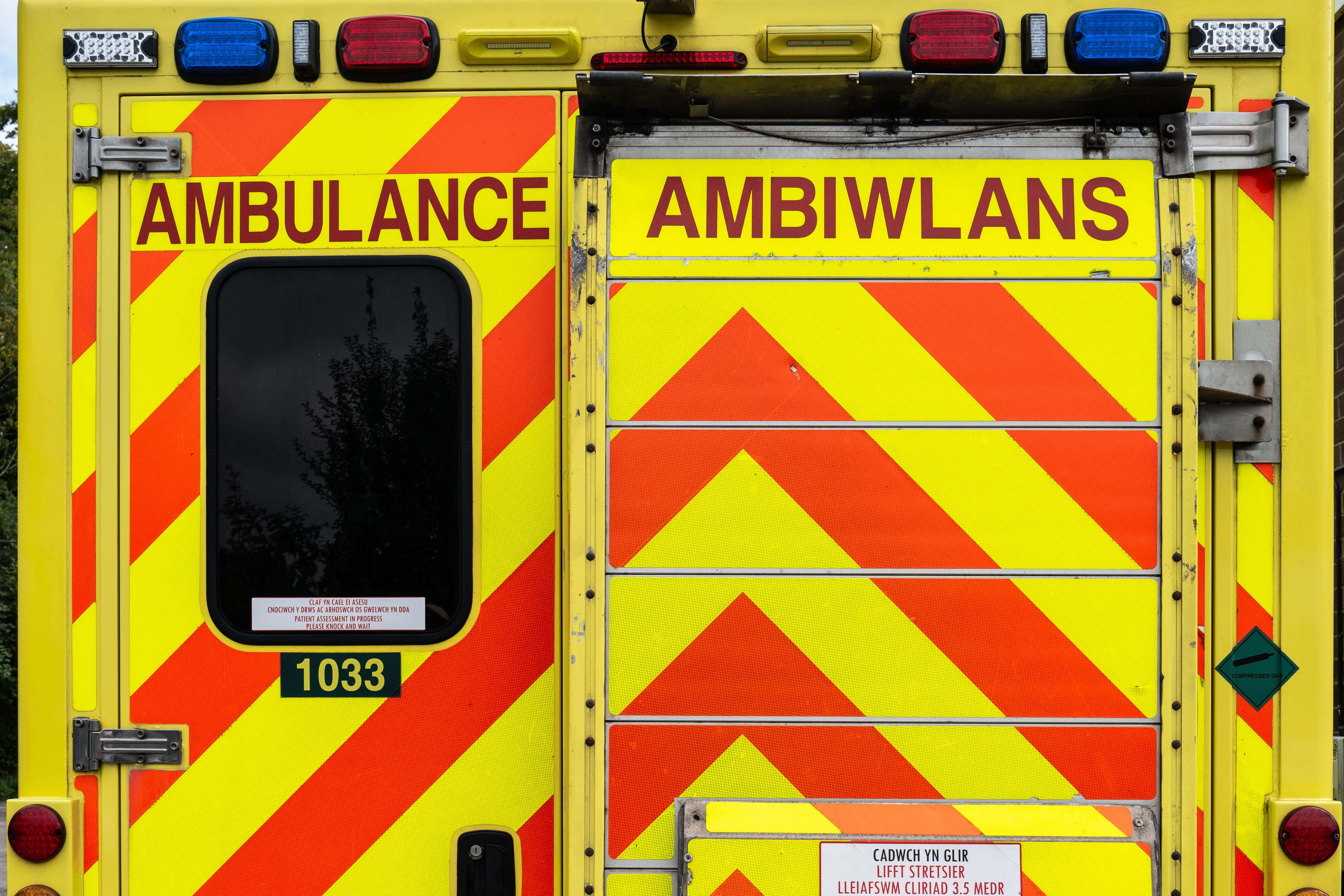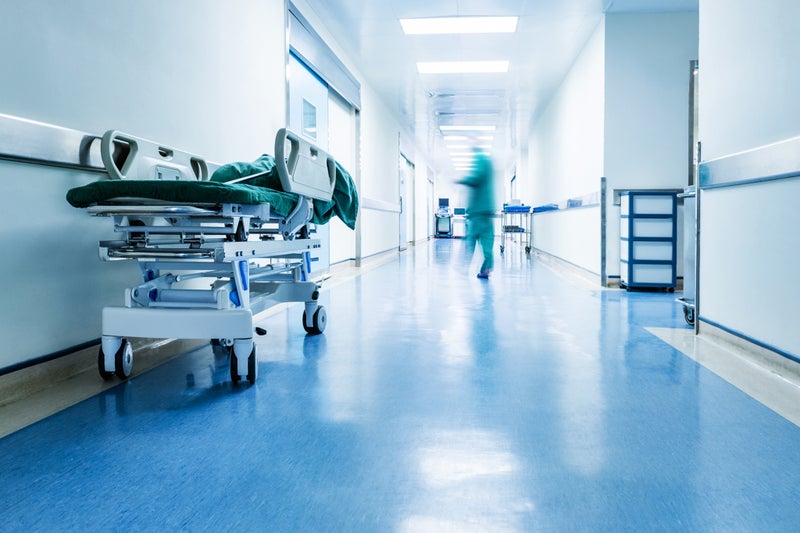Dr Nick Murch, the president of the Society for Acute Medicine, said: “There is a growing concern among clinicians about people feeling sick at home but not coming to hospital as they are concerned about long waits to be seen, or possibly corridor care, and as a result coming to harm due to delayed – or even non-attendance – with urgent problems.”.
People who need care should always seek it, from their GP, the NHS 111 telephone service or by dialling 999 or attending A&E if it is a life-threatening emergency, they added.
Three in four people in the UK fear getting stuck on a trolley in a hospital corridor or an ambulance not arriving after dialling 999, prompting claims that the NHS is facing “a crisis of public trust”.
“Corridor care” in A&Es has become so common that patients have died there but gone undiscovered, with others “routinely coming to harm”, because overwhelmed staff cannot keep up with the intense demand for care, the Royal College of Nursing disclosed last month.
Public concern about the parlous state of the health service is so acute that one in three people (34%) are reluctant to seek help at A&E because they think it will be overwhelmed.































